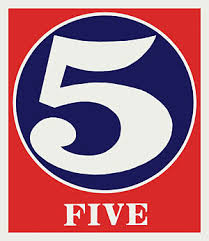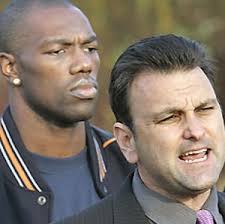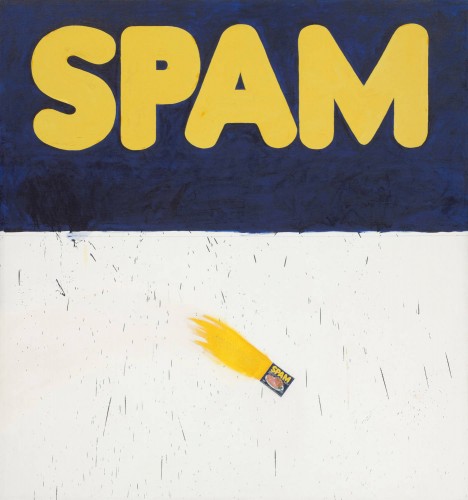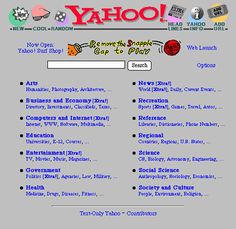The tyranny of connectivity
I am slightly ashamed to admit to having done a fair bit of 'real' work over the long Labor Day weekend, (including yesterday, Labor Day itself).
Of course I didn't really want to work on Labor Day, or perhaps said differently, I did not want involve other people in said work, mainly by sending out email messages to them on a holiday. But, sadly, I indeed did send a few email notes out, interspersed with the other work that I was doing that did not need to involve communicating to others in order to complete.
And I as wind up the holiday, (I am writing this on Monday night, pretty late), I have three quick observations from my Labor Day spent, (at least partly), working.
1. LOTS of other people were working too. As I mentioned, I did, against almost everything I hold dear, send a few work-related emails on Labor Day. I received replies from almost everyone I contacted. And three or four people replied to me within 10 minutes of my original message. If Labor Day is meant to be a celebration of the working person, lots of working persons I know were also, actually, working.
2. NO ONE I corresponded with over email or chat on Labor Day did not mention the fact that it was, in fact, a holiday. No one questioned why I was messaging them. No one replied, 'hey, it is a holiday, I will get back to you tomorrow', and almost no one failed to get back to me by about 8PM ET, (as I am writing this).
3. Aside from the aforementioned email exchanges, I spent most of my 'working' time on tasks that did not require outside collaboration, input, or communication. They were just things I needed to do, and were fairly important, but for some reason had not been done. I noticed my ability to get these tasks completed on a holiday, where I was not being peppered every 2 minutes with a new incoming email or chat message was incredibly enhanced. Quite simply, I was probably twice as productive working on these items on a holiday as I would have been on a normal Monday, when I am, like everyone else, almost constantly being barraged by incoming messages and requests. If I changed my working hours to say, 7PM - 3AM I swear I would be two or three times more productive than I am now. The technology and the need to stay 'connected' all the time during the normal workday is killing our ability to get things done.
I am not about to change my official work schedule to 'off hours', but I can't say that I am not tempted. there is something to be said for working when no one, (or most anyway), are not working, and you can be, despite our state of constant connectivity, be more or less alone with your thoughts.
There are thousands of productivity advice pieces that advocate that you consciously disconnect from email and work chat and Slack, etc. during the work day in order to get more work done. But realistically, how many people actually take that advice and feel comfortable and empowered enough to actually not be accessible to work colleagues for large stretches of the workday?
Most organizations, and teams, expect if not demand almost real-time access and response.
It is not until you spend a day, or even a few hours, working when that expectation simply does not matter until you realize how our constant connectivity damages our ability to get anything done.
Having said that, maybe I should not have been surprised so many other folks seemed to be working on Labor Day. They too must have realized that a holiday is the best day to get anything done.
Have a great week!

 Steve
Steve


